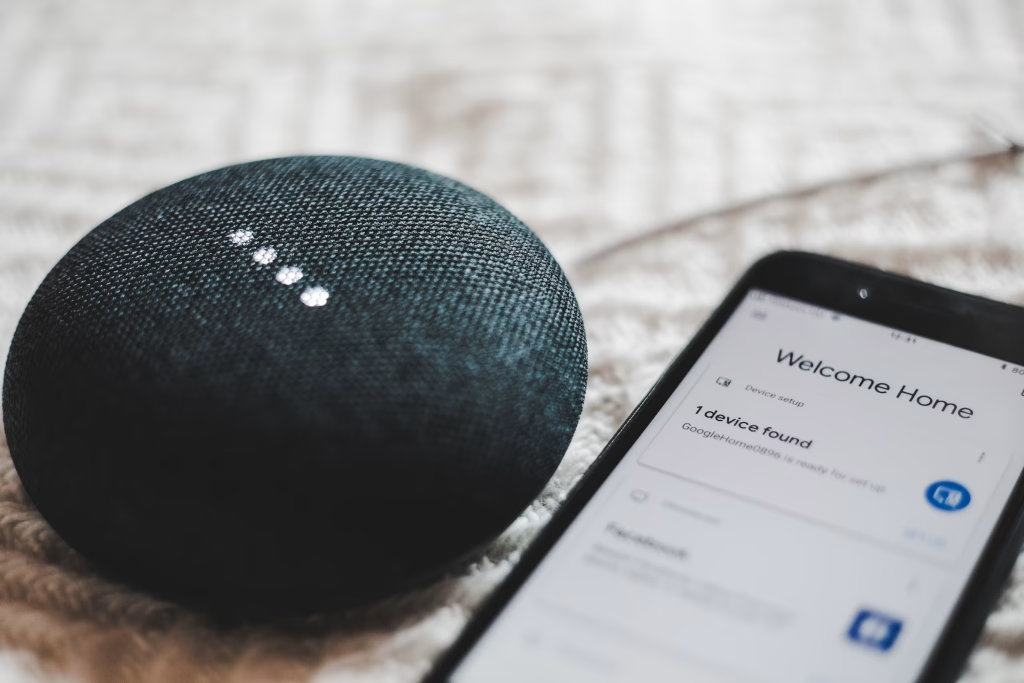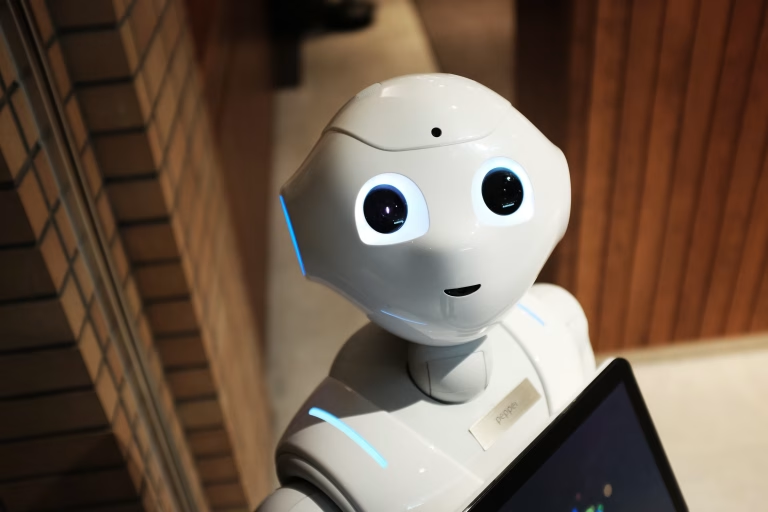Technology is all around us and has become one of the most important parts of our daily lives. From the alarm that wakes us up in the morning to the computers we use at work, we rely on technology to get us through the day. Over the past few years, technology has become even more integrated into even the most mundane parts of our existence, with smart home technology allowing us to program our homes to turn on the lights at a certain time and maintain the temperature just the way we like it. While it may seem like we’re already living in a futuristic society, as technology continues to advance, there’s a lot more in store. In this article, we look at what the future could hold for technology in our day-to-day lives.
Immersive Experiences in Entertainment and Education
While technology has already made entertainment more immersive than many could have imagined even a couple of decades ago, there’s still room for it to grow. Today, online gaming is the norm, with genres that were traditionally played in person finding a new home on the internet. One of the best examples can be found in the iGaming industry, where online casinos have created an immersive experience that mimics brick-and-mortar establishments in many ways.
Players can sit down at a virtual poker table and put their skills to the test, just as they would in a physical casino. Whether playing in the virtual world or against opponents in person, players have to be careful to avoid overconfidence at the tables and always look for opportunities to keep learning as they play. With more and more consumers purchasing VR and AR headsets, in the future, iGaming platforms will begin incorporating these technologies into the games they offer, blurring the line between online and physical casinos even more.
In the education field, AI-powered virtual instructors could provide workplace training for employees. Instead of having to travel to a brick-and-mortar facility, employees will be able to strap on a VR headset as the AI instructor delivers personalized and adaptive learning experiences designed just for them.
Smart Homes and Connected Living

We’re already living in the smart home era, but in the future, our homes will be even more intelligent than they are today. These smart homes will feature IoT devices that are self-sustaining and possibly powered by renewable energy sources like solar panels built into the appliances, cutting back on our reliance on external power grids. Our living environment will be able to anticipate our needs and adjust light, temperature, and even order groceries based on our consumption patterns. Holographic communication may move from being the stuff of science fiction to real life as we communicate lifelike, three-dimensional projections in real time, something that’ll completely change how we connect with others.
Transportation and Mobility Innovation
While autonomous vehicles already exist to some degree, they’ll become more fully developed in the future. Autonomous flying vehicles and hyperloop systems could change our commutes, making them shorter while easing traffic congestion. Electric vehicles will become the norm with long-lasting batteries that have self-charging capabilities through technologies like solar-powered roads. AI could be used to power urban traffic systems and predict and manage traffic flows in real time, helping to eliminate congestion and make roads safer.
The Workplace of the Future
Instead of having a physical boss, workers of the future may be answering to AI managers who oversee teams of humans and machines working together. These AI managers could optimize worker productivity and decision-making processes. While more and more companies have allowed their employees to work remotely at least a few days a week, in the future, physical offices could become obsolete. We could find ourselves working in remote workspaces in the metaverse, where we can interact with our colleagues in virtual environments indistinguishable from real-world offices. As industries become more automated, humans will focus on creative and strategic roles with robots and AI systems handling routine tasks.




